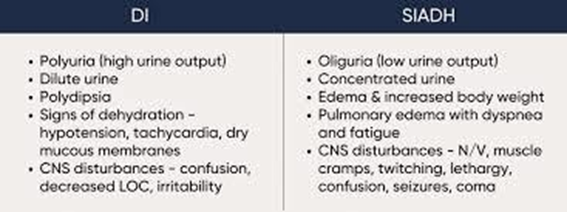A woman was brought to the emergency department of a hospital after she fell into the ground and hurt her left leg. She is noted to be tachycardic and tachypneic. Painkillers were carried out to lessen her pain. Suddenly, she started complaining that she is still in pain and now experiencing muscle cramps, tingling, and paraesthesia. Measurement of arterial blood gas reveals pH 7.6, PaO2 120 mm Hg. PaCO2 31 mm Hg, and HCO3 25 mmol/L.
What does this mean?
Respiratory Acidosis, Partially Compensated
Respiratory Alkalosis, Uncompensated
Metabolic Alkalosis. Uncompensated
Metabolic Alkalosis. Partially Compensated
The Correct Answer is B
A. This is incorrect because the pH is indicative of alkalosis, not acidosis, and the body has not compensated.
B. The arterial blood gas (ABG) values provided indicate a pH of 7.6, which is above the normal range (7.35-7.45), suggesting alkalosis. The PaCO2 is low at 31 mm Hg, indicating hyperventilation, which is a respiratory process. Since the HCO3 is normal at 25 mmol/L, it suggests that the metabolic system is not the cause of the alkalosis. The body has not had time to compensate for the high pH with renal adjustments to the bicarbonate level, which would be seen in a partially compensated state.
C. This is incorrect because the bicarbonate level is normal, suggesting the metabolic system is not the cause.
D. This is incorrect because the bicarbonate level is normal, suggesting the metabolic system is not the cause.
Nursing Test Bank
Naxlex Comprehensive Predictor Exams
Related Questions
Correct Answer is B
Explanation
A. Hyperglycemia is associated with diabetes mellitus, not diabetes insipidus. Diabetes insipidus is characterized by excessive thirst and urination due to inadequate secretion of antidiuretic hormone (ADH), not hyperglycemia.
B. Dehydration is a hallmark finding in diabetes insipidus due to excessive urination and fluid loss. Clients with diabetes insipidus may exhibit signs of dehydration, such as dry mucous membranes, decreased skin turgor, and hypotension.
C. Bradycardia is not typically associated with diabetes insipidus.
D. Polyphagia, or excessive hunger, is a symptom of diabetes mellitus, not diabetes insipidus.

Correct Answer is D
Explanation
A. Furosemide use is more commonly associated with hyponatremia rather than hypernatremia due to its diuretic effect.
B. Furosemide does not typically cause hypercalcemia; instead, it may lead to hypocalcemia.
C. Hyperchloremia is not a primary concern with furosemide, as the drug can cause a loss of chloride ions alongside sodium.
D. Furosemide can cause an increase in uric acid levels by reducing its excretion through the kidneys.
Whether you are a student looking to ace your exams or a practicing nurse seeking to enhance your expertise , our nursing education contents will empower you with the confidence and competence to make a difference in the lives of patients and become a respected leader in the healthcare field.
Visit Naxlex, invest in your future and unlock endless possibilities with our unparalleled nursing education contents today
Report Wrong Answer on the Current Question
Do you disagree with the answer? If yes, what is your expected answer? Explain.
Kindly be descriptive with the issue you are facing.
